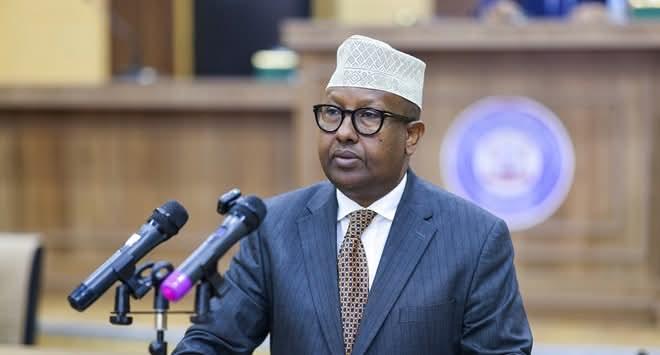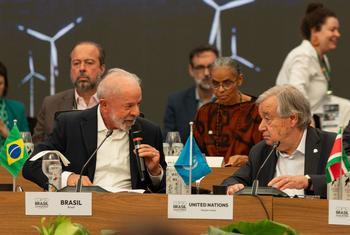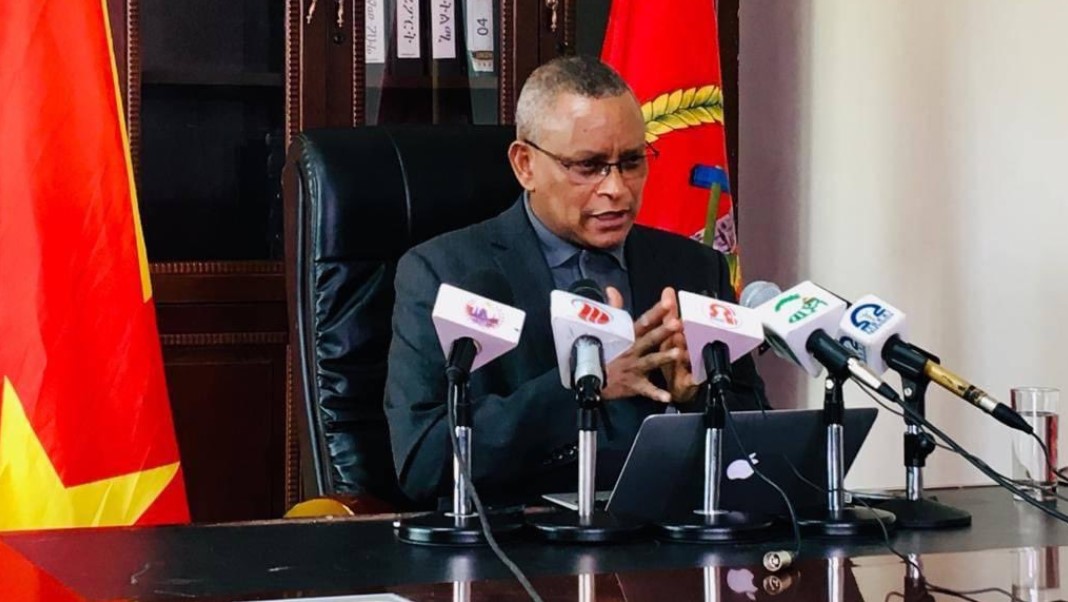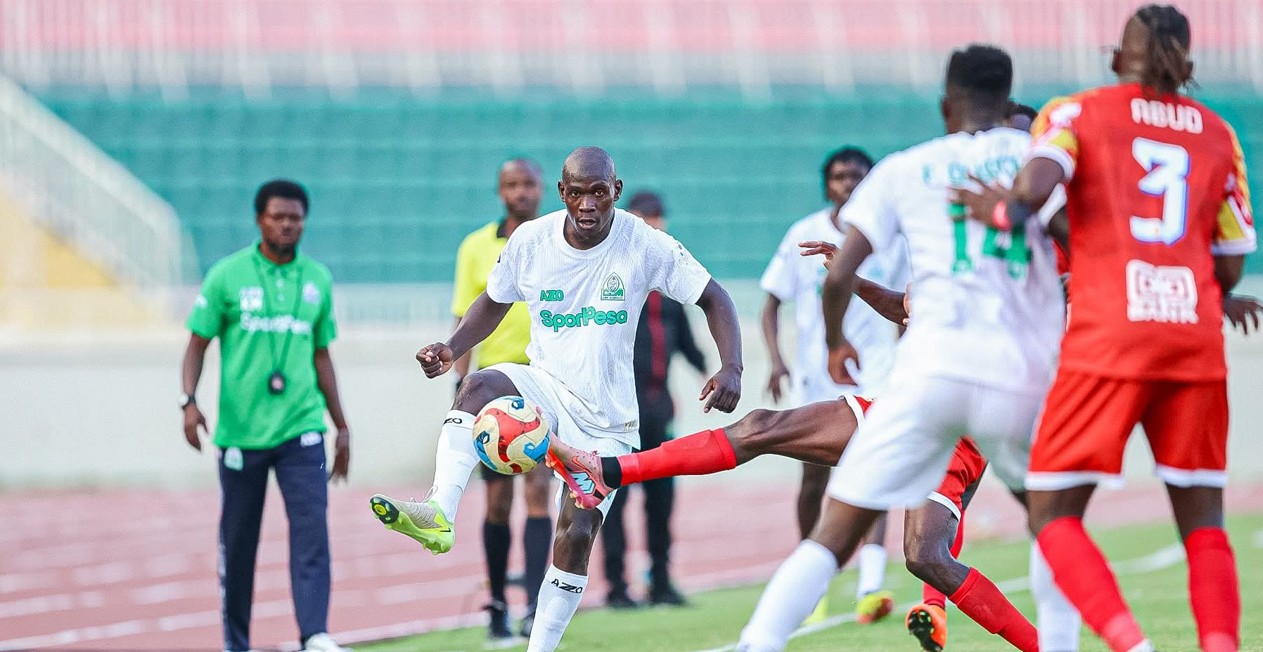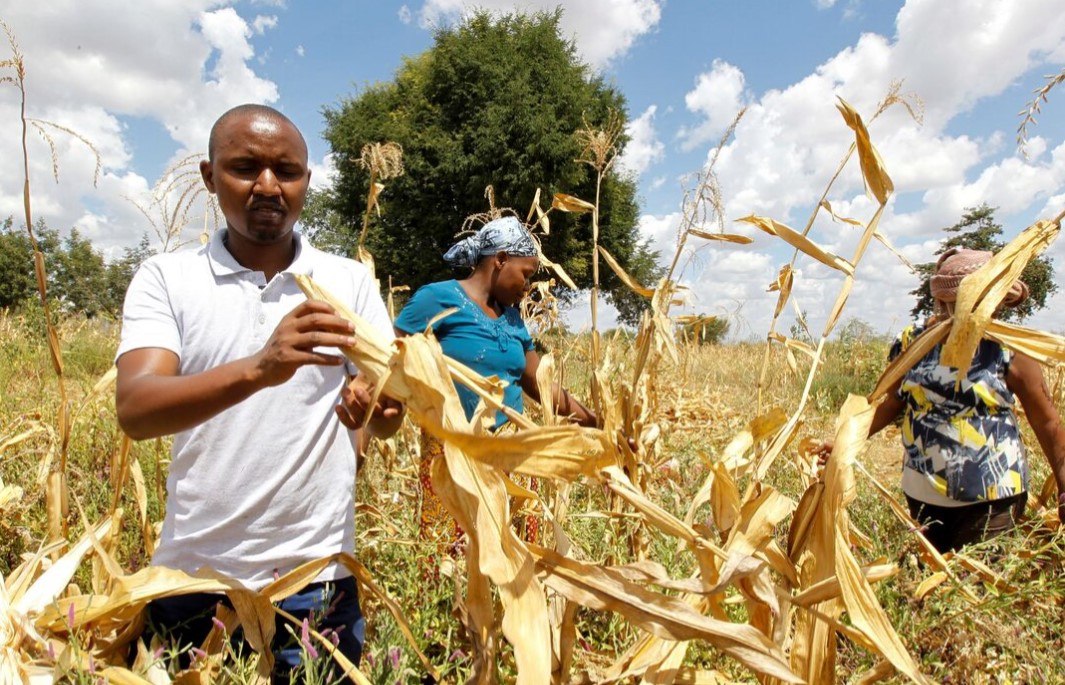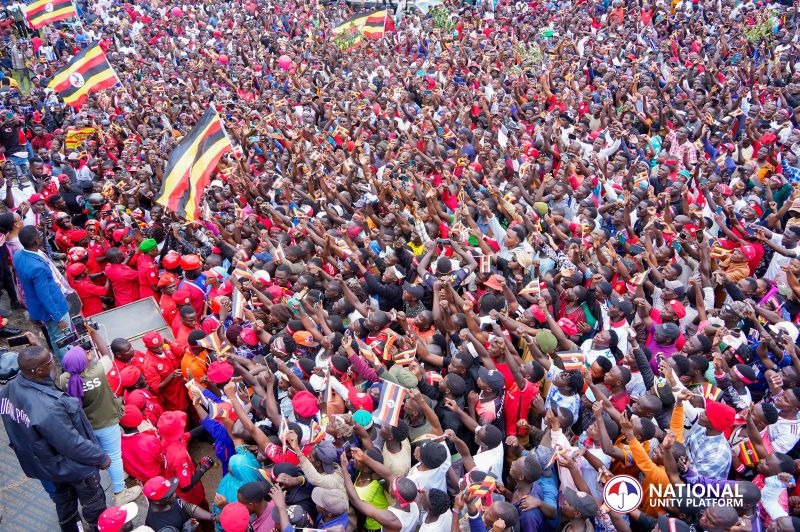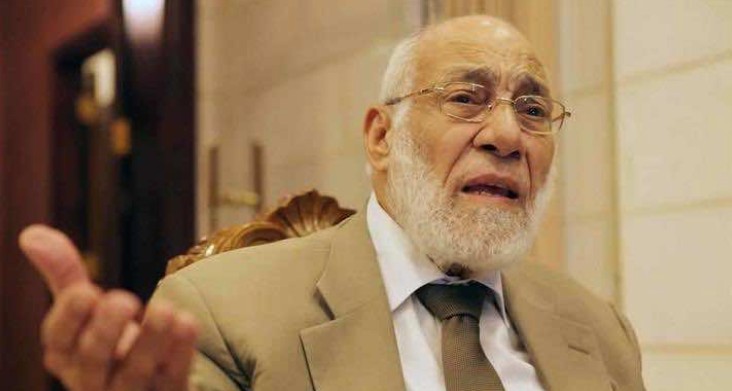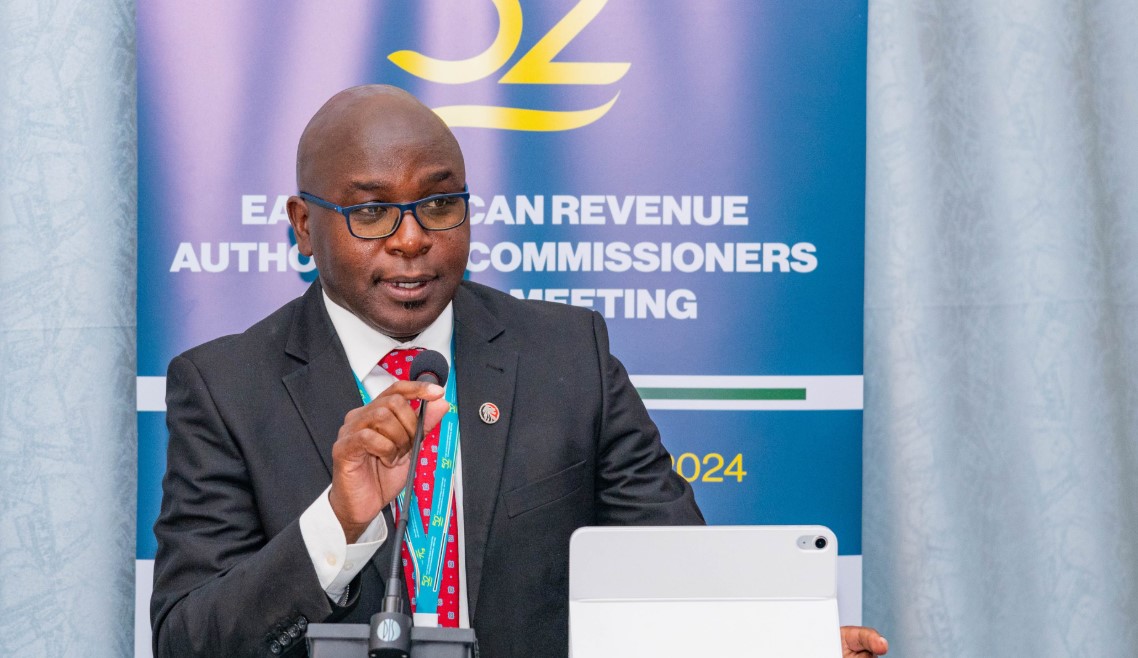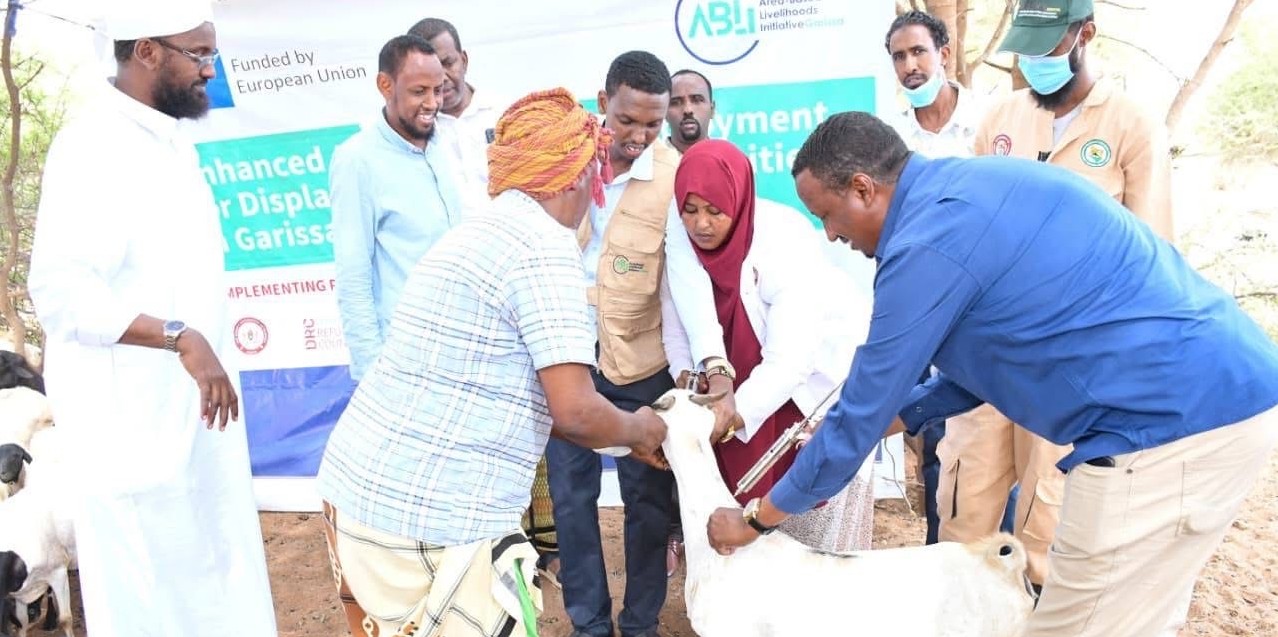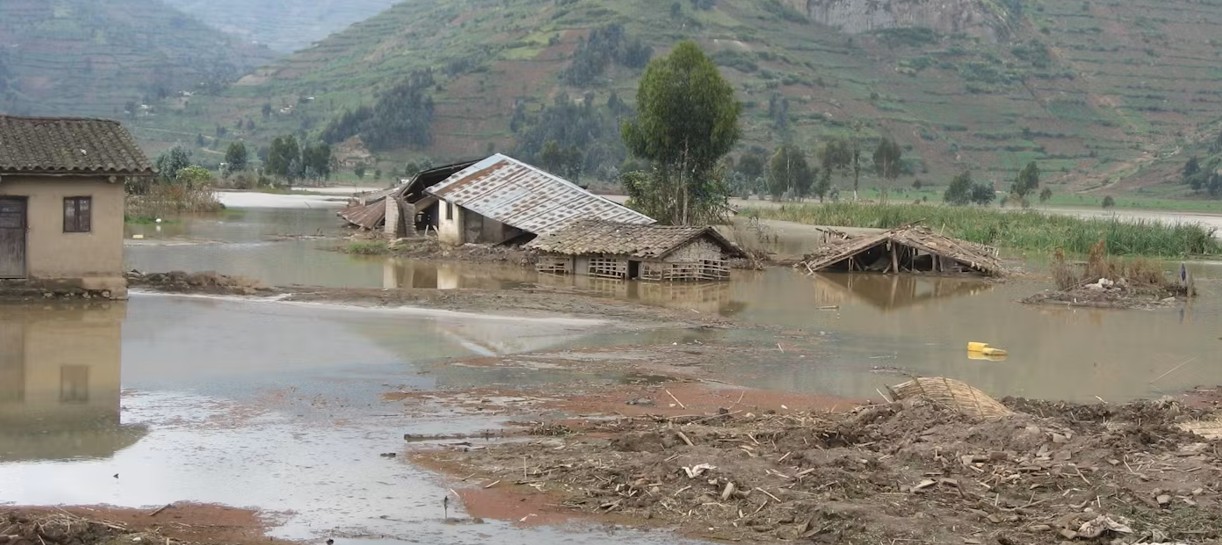DR Congo to start political consultations for government of national unity
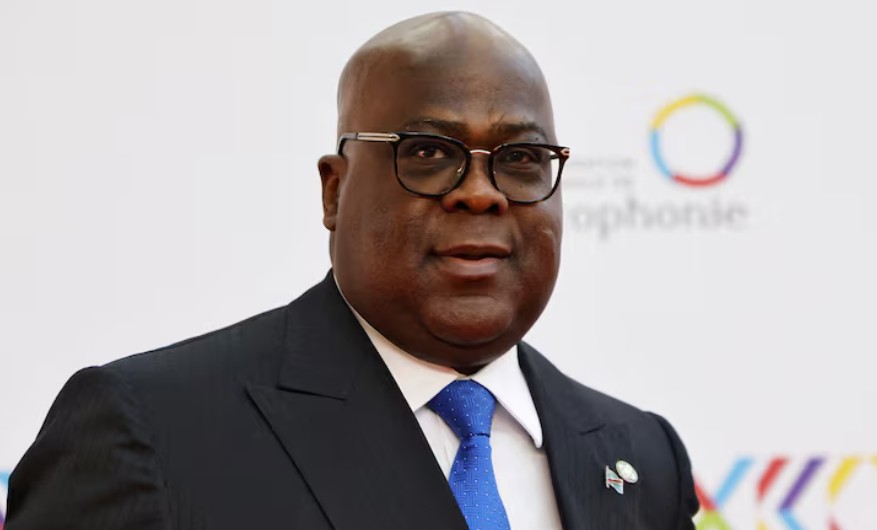
The mineral-rich eastern DRC remains a focal point of conflict, with various armed groups vying for control over resources such as coltan, tin, tantalum, and gold.
The Democratic Republic of the Congo (DRC) will begin political consultations on Monday to form a government of national unity amid a deepening security crisis, a senior official announced Saturday.
Desire-Cashmir Kolongele Eberande, the DRC president's special security advisor, said the consultations will involve the Sacred Union, the ruling parliamentary coalition, opposition parties within and outside parliament, civil society, and prominent figures, including former presidential candidates.
More To Read
- Crimes against children in conflict surge to worst-ever level in 2024 - report
- Congo eyes debt-for-nature swap to ease fiscal strain
- Millions face escalating hunger crisis in eastern DRC, UN agencies warn
- Child marriage is still common in the DRC: What’s driving it and how to encourage change
- MSF raises alarm over worsening cholera epidemic in DRC, over 58,000 cases reported
- After controversial stints, Vincent Karega takes helm of Rwanda’s new embassy in Algeria
A detailed timeline for the discussions will be shared with the press in the coming days, he added.
In late February, DRC President Felix Tshisekedi announced sweeping political changes, including plans to establish a "government of national unity" to prevent the security crisis in the country's eastern part from escalating into a broader regional conflict.
The M23 rebel group, which re-emerged in late 2021, has seized vast territories in the eastern provinces of North Kivu and South Kivu.
Despite international and regional mediation efforts, a ceasefire has yet to take effect.
The mineral-rich eastern DRC remains a focal point of conflict, with various armed groups vying for control over resources such as coltan, tin, tantalum, and gold.
According to the United Nations, about one million people, including approximately 400,000 children, have been newly displaced since late January 2025, with numbers expected to rise as hostilities persist in North and South Kivu.
Top Stories Today
